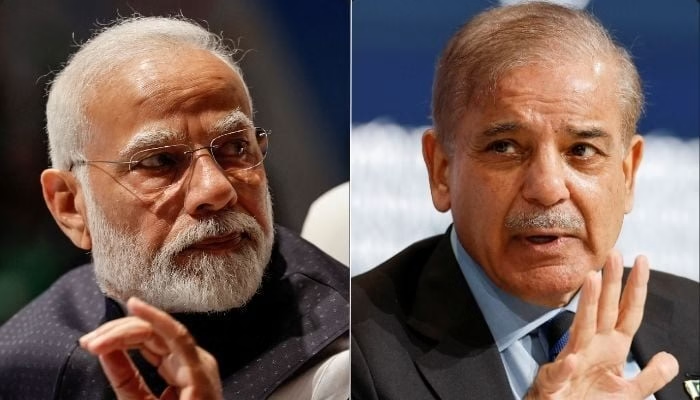In a significant turn of events, the Prime Minister’s Office in Islamabad has submitted a formal response to the High Court, addressing the issue of recorded telephone conversations between citizens and emphasizing the legality of such recordings. This response comes amidst allegations of unauthorized call recordings being leaked to the public. The Prime Minister’s Office has firmly asserted that it does not interfere in the sensitive daily affairs of intelligence agencies, and doing so would not be in the national interest.
The crux of the matter revolves around the recording of conversations between citizens, which has raised concerns about the invasion of privacy and potential misuse of such recorded data. The Prime Minister’s Office acknowledges the importance of preserving these recorded conversations in a confidential manner and preventing unauthorized leaks.
The response from the Prime Minister’s Office highlights the legal framework in place to regulate the recording and use of these conversations. It emphasizes that there are legal mechanisms that allow certain agencies to record and maintain records of these conversations, ensuring that all such activities conform to the Constitution and established laws.
The response also underscores the need to maintain the secrecy of recorded conversations and prevent any unauthorized disclosures. It further emphasizes that the recorded conversations should not be utilized for any ulterior motives or purposes that are contrary to the law.
To address the legality of recording conversations, the response references the Telegraph Act of 1885, which mandates that any messages sent over telecommunications require explicit permission from federal or provincial authorities. This demonstrates that such regulations exist to ensure that conversations are recorded, if necessary, in accordance with the law.
Additionally, it is highlighted that the Prevention of Electronic Crimes Act 2016 and associated rules necessitate the maintenance of confidentiality of data and records obtained through lawful surveillance. These regulations are intended to safeguard the privacy and rights of citizens while allowing intelligence and law enforcement agencies to perform their duties effectively.
The Principal Secretary to the Prime Minister submitted a written response to questions posed by the Islamabad High Court. These questions inquired about which agency possesses the authority to record citizens’ conversations and what investigative actions have been taken regarding this matter. The written response clarified that the issue of recording and leaking conversations falls under the jurisdiction of the federal government. To further investigate the matter, a high-level inquiry commission has been established, composed of senior judges.
Notably, the case has been previously raised in parliamentary committees, and former Chief Justice of Pakistan’s son, Najam ul Saqib, challenged the legality of the audio leaks before the Federal Investigation Agency (FIA). The court has adjourned the hearing until December 11, pending the review of notifications sent to the parties involved.
This legal response from the Prime Minister’s Office aims to provide clarity on the framework governing the recording of conversations while assuring citizens that their rights and privacy are being protected. The establishment of an inquiry commission led by senior judges further demonstrates the government’s commitment to addressing this issue in a transparent and legal manner.
As this case unfolds, it raises important questions regarding the balance between surveillance and privacy in the digital age, and how governments and institutions must uphold the rule of law while maintaining national security and protecting citizens’ rights. The outcome of this case and the subsequent actions taken by the government will likely have implications for the future of privacy and surveillance regulations in Pakistan.



